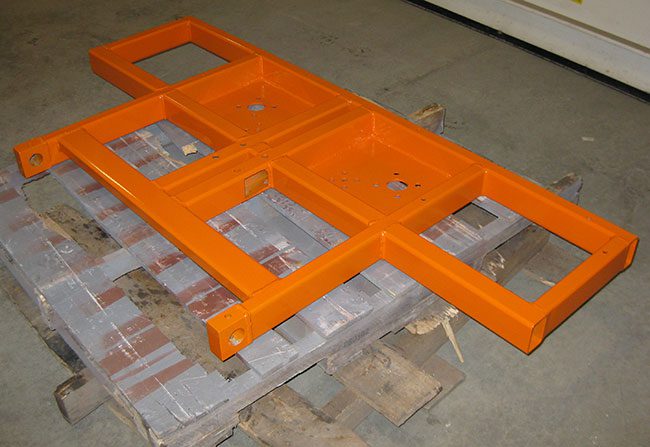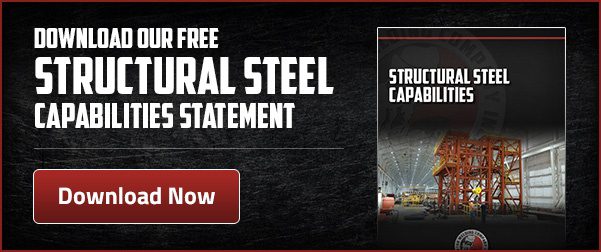A Comparison of Steel Tank Designs

Steel tanks offer superior quality storage solutions to industries and organizations. Some of the mechanical properties that make steel a suitable storage material include its impact strength and excellent duct-ability. In extreme conditions, steel bends to accommodate the external or internal pressure, and returns to its original shape when conditions normalize.
Several industries use steel tanks; they play an important role in water storage for municipal purposes, industrial use and irrigation, among others. In agriculture, uses include storage of wastewater, liquid manure and feeds. Industries and petroleum-based companies also love steel tanks in the storage of fuel products and chemical because of their high resistance to corrosion. Other uses include bulk food storage and in power generation plants.
Some of the performance advantages of using steel include:
- Versatility and strength that makes it applicable at every stage of petroleum production
- You can bury steel at various depths including in shallow burials
- You can install steel in any groundwater area including tidal areas
- Steel withstands different pressure situations better that plastics and FRP storage tanks
- Underground tanks made of steel stay naturally grounded
- Steels permeability prevents contamination by liquids or vapors
- You can easily recycle steel
Steel tanks also offer superior consistency. The following qualities guarantee it suitability in the manufacture of storage tanks:
- Strength – It can handle pressure and stress from wind, seismic activities and soil loads
- Impermeability – It prevents passage of all types of vapors and liquids
- Compatibility – It is compatible with all biodiesel and ethanol fuel blends, and other liquids making it suitable for industrial use and in the production of petroleum products
- Life-cycle – Steel offers long-term durability; it usage is not time-dependent
- Sustainability – Steel is recyclable, making it more environmentally and financially sustainable than paper, glass, plastic and aluminum combined
Several industry standards, including the ASME, dictate the production of steel tanks suitable for storage of water, chemicals, petroleum products and other liquids. Different factors influence the final product, for example, pressures, production materials, size, expected use, working temperature and configuration.
Different welded steel tanks available to suit your storage needs include:
AWWA (American Water Works Association) D100
Municipal councils, industrial complexes, water bottlers and sewage recycling firms among others use the AWWA D100 for water storage including wastewater. The primary material in the production of AWWA D100 storage tanks is carbon steel. You can choose an open or closed bottom for the field erection. They come with a ground-supported bottom and require elevation during installation. Regardless of size, you can operate the AWWA D100 at ambient temperatures and at an atmospheric pressure.
API (American Petroleum Institute) 650
The API 650 offers a wide range of solutions to terminals, pipelines, refineries and industries that require mass storage of oil, gas, chemicals, water and bio-fuels. They come with a ground-supported bottom, and support both open and closed roofs. Despite the size of your tank, optimal operating temperatures range room -40 to 500 degrees Fahrenheit with a maximum pressure of 2.5 psig (pounds per square inch gauge). Popular materials in the production of API 650 tanks include austenitic stainless steel, duplex stainless steel and carbon steel.
API 620
API 620 steel tanks such as LNG and cryogenic tanks use any configuration with a single-centered vertical axis of revolution. They operate at a maximum pressure of 15 psig, a -325 to 250 degrees Fahrenheit range and come in a variety of sizes to suit your needs. The installation of API 620 tanks requires field erection to ensure safety. Common materials in their production include nickel alloys, carbon steel and austenitic stainless steel making them suitable for products with a high internal pressure.
API 12F
API 12F tanks operate at ambient temperatures; the maximum pressure and operational temperature depends on the individual tank’s size. Their configuration specifications support shop erection; they also come with a skirted bottom and a closed roof. The production of API 12F adheres to specific standards that dictate dimensions and external and internal pressures, making them suitable for oil production and produced water.
API 12D
The production of field welded API 12D steel storage tanks is similar to that of API 12F tanks; the both follow strict regulations on dimensions and external and internal pressures. Both tanks operate at ambient temperatures and the maximum operational temperatures range depending on an individual tank’s size. However, API 12D tanks come with a ground-supported bottom; the main material in production is carbon steel and they support storage of any liquid.
Storage steel tanks come in a variety of sizes, materials and designs to cater to your specific storage needs. When shopping for a storage tank, research extensively on the models available to suit your company’s needs. Additionally, look out for extra details such as the configuration and roof type available for each tank.
For more detailed information on them or on the manufacture of basic structural steel and how it can meet the needs of your business in the United States, please contact us at Swanton Welding Company Inc. You can visit us online at SwantonWeld.com or reach us directly at 419.826.4816.

